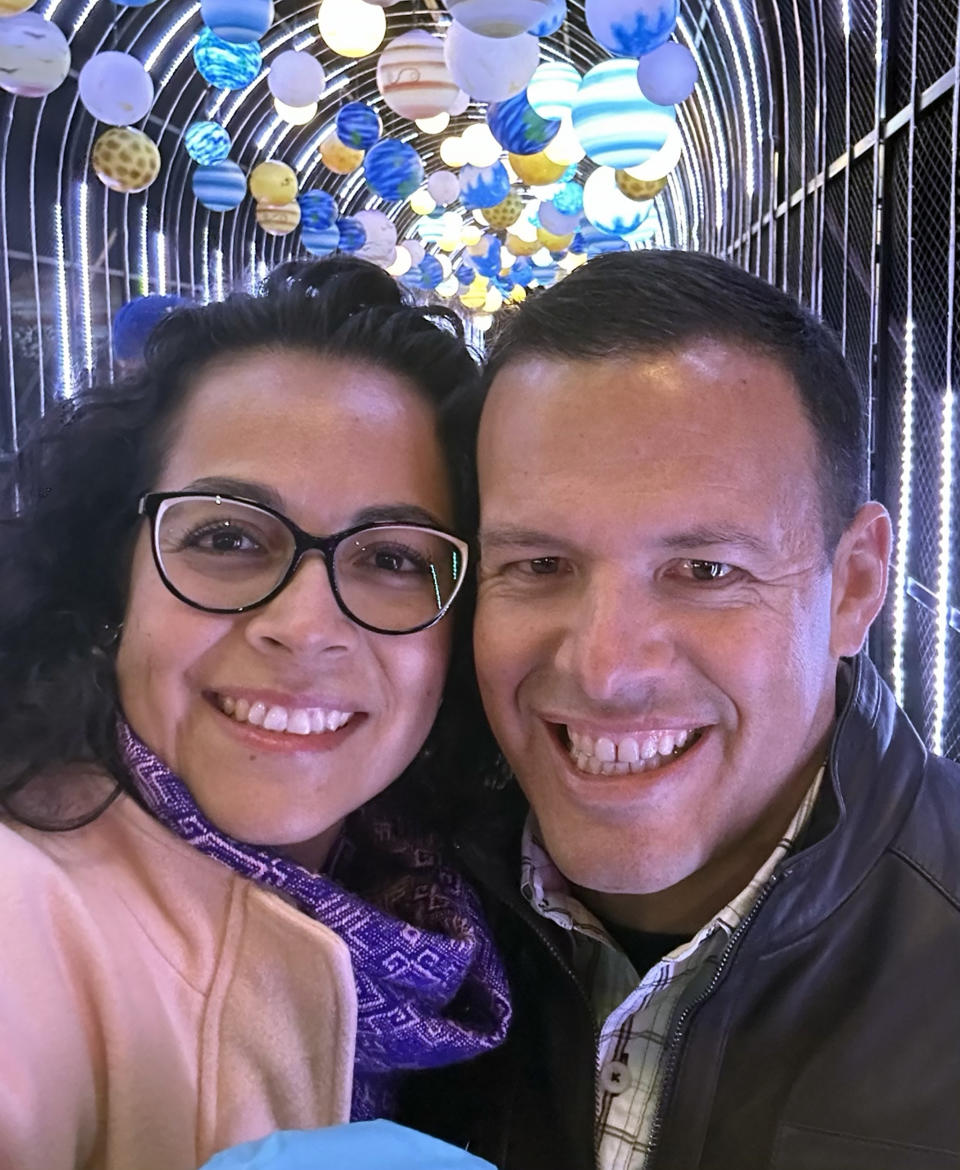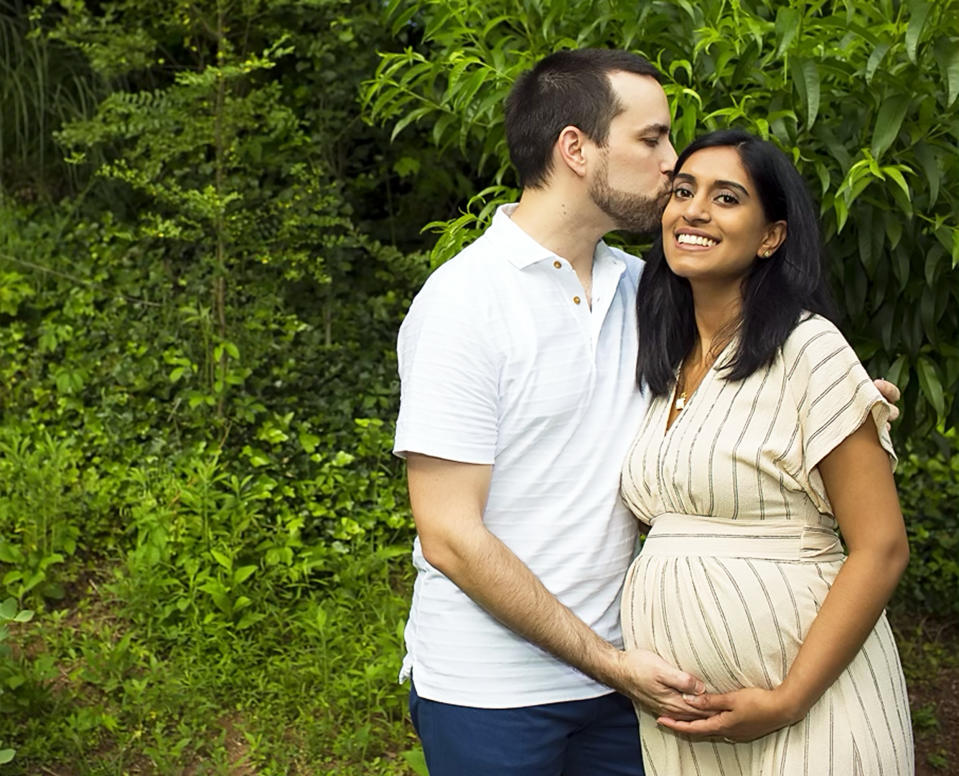Many young breast cancer patients wish doctors addressed sexual side effects
A year after Sara Montiel felt a lump in her breast, the then 36-year-old was diagnosed with stage 3 breast cancer. She underwent a mastectomy, radiation, chemotherapy and then an oophorectomy, the removal of her ovaries, a year later. Like many patients with cancer, Montiel’s first priority was making sure treatment worked.
“My concern being a young woman was my daughter. I needed to stay. I needed to be here. So, everything that I received about the treatment plan I was like, ‘OK, go for it,’” the now 40-year-old in Boston tells TODAY.com. “At the beginning, your heart just goes with (treating) cancer. That is your No. 1 priority.”
Doctors told her about potential side effects, but she didn’t really receive a lot of context about them. She noticed she experienced vaginal dryness and lower libido.
“They tell you, ‘OK this medicine will put you in menopause. You are in your 30s. The side-effects of this is (lower) bone density, but no long term effects,” she says. “But what if one day you wake up and you realize that it has been weeks without you wanting to have sex with your husband? Those types of changes that you realize just after — I think that having this conversation with the physician and with the husband at early stages can help in making a plan.”

Montiel’s experience is not unique. A recent poster session during the San Antonio Breast Cancer Symposium addressed young breast cancer survivors and their sexual health. Arin Ahlum Hanson, lead author, found that 64% of women diagnosed with breast cancer before 45 experience changes in their sexual health, but the vast majority of them, 84%, said their providers didn’t offer help with their sexual health.
“The survey did show that there are pretty immediate sexual health impacts of the treatment,” Ahlum Hanson, Living Beyond Breast Cancer’s director of outreach, tells TODAY.com. “I do think there’s this idea that sexual health is a minor issue. It’s nice to have a good robust sex life that you feel good about. But it’s not a need to have when it comes to cancer treatment. And what we’re saying is that it’s a really important quality life issue that needs to be addressed.”
The survey, conducted in 2020, included responses from 717 people diagnosed with breast cancer before 45. It found that 66% of participants were “not satisfied with their sexual health.”
“(That) was much larger than I thought,” Ahlum Hanson says. “That stood out to me.”
The participants said that vaginal dryness, lack of interest in sex, pain with sex and having trouble orgasming were some of the issues they faced.
“The lack of interest is the biggest challenge for this community,” Ahlum Hanson explains. “We need to be providing holistic options, including therapy, and really addressing the psychological impacts that then translate to the lack of interest in sex. It’s not just pain or something that could be fixed with a good lubricant.”
What’s more, people didn’t know where to turn to for help: 58% of the participants reported not being able to find information to help with the sexual health side effects they were experiencing.
When Shehzin Tietjen was diagnosed with stage 1 breast cancer at 27, she knew she wanted to pursue fertility preservation and her doctors helped her with that. (Nearly half of the survey participants, 49%, said they spoke with their doctors about their fertility.) Tietjen has been on maintenance treatment for breast cancer for seven years, taking a break when she had her daughter. Grappling with sexual side effects meant she "had to find (her) own ways to deal with" it and find information, she says.
“Your oncologist isn’t necessarily the person to talk to about (sexual health), and even if you go to your OB-GYN," they might not be knowledgeable about breast cancer, Tietjen tells TODAY.com.

Tietjen hopes that more doctors foster honest conversation about sexual health and other quality-of-life side effects with young cancer patients and survivors.
“The majority of us are on some type of medication for a substantial number of years that affects our day-to-day quality of life or finances,” she says. “The needs of a 20-or 30-year-old with breast cancer are really different from someone who is 50 or 60.”
This article was originally published on TODAY.com

